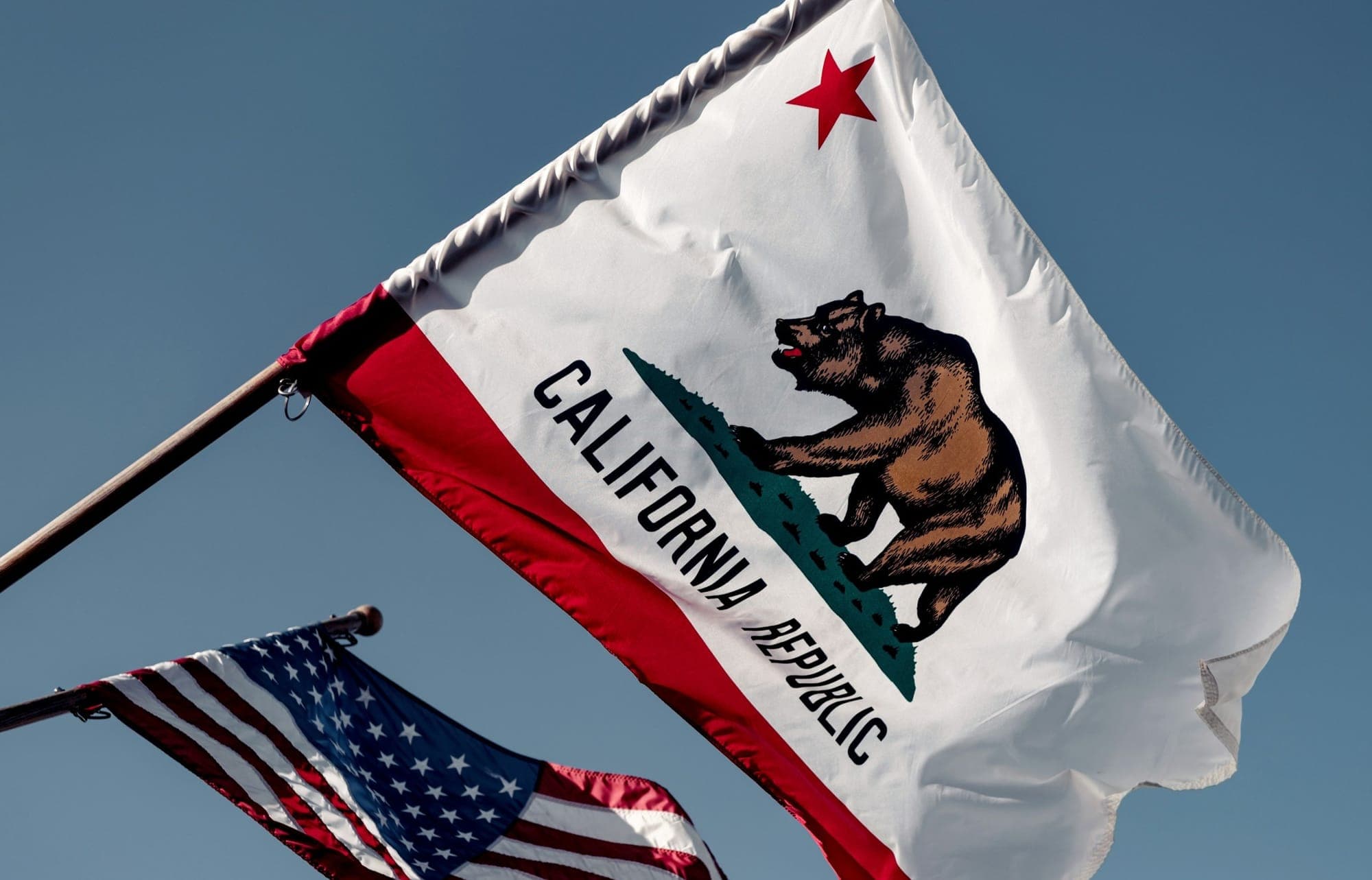Tag: california
Mayor Matt Mahan Could Turn the California Governor Race Upside Down
Rumors are circulating that San Jose Mayor Matt Mahan may enter the race for California governor. If the recently elected Democratic mayor makes the move, he could jolt a contest that, to date, has been remarkably sleepy.
...
28 Jan, 2026
-
5 min read
Leticia Castillo Doesn’t Fit California’s Political Boxes, and Neither Does Her District
The new 58th Assembly District, previously AD60 before California’s 2021 redistricting, is considered the birthplace of California’s citrus industry.
...
19 Jan, 2026
-
10 min read
California’s Biggest NPP Poll: What Independent Voters Really Want
IVP just conducted the largest ever survey of California independent voters! Cara and Chad break down what NPP voters are really demanding, why insiders fight to keep them sidelined, and how battles over ballot language, gerrymandering, and open primaries in states like Missouri, Nevada, West Virginia, and Alaska could change elections nationwide. Read more and follow along at IVN.us.
Listen to this episode and more from Independent Voter Project on Spotify and Apple Music....
15 Jan, 2026
-
1 min read
This California Disposable Vape Ban Could Devastate The Legal Cannabis Industry Even Further
Good intentions often make for compelling policy. But in practice, consequences rarely fall in line as neatly as the ideas that inspired them.
...
12 Jan, 2026
-
6 min read
California is Using Virtual Reality on People in Prison, and It's Working
In California, the birthplace of much of the world’s technology innovation, virtual reality is being used in an unexpected setting: inside prisons....
12 Jan, 2026
-
2 min read
California Prison Health Care Is Still Failing: Audit Exposes Dangerous Conditions Despite Billions in Funding
Job vacancies in prison and state hospital health care have grown even as California has invested hundreds of millions of dollars to fill medical and mental health positions, according to a new state audit....
08 Jan, 2026
-
5 min read
A Million Californians Sign On to Voter ID – Forcing a 2026 Ballot Fight
California Assemblymember Carl DeMaio’s Reform California, which has proposed amending the California Constitution with a voter ID ballot measure, says it has crossed a major threshold going into 2026 – and it is not slowing down....
05 Jan, 2026
-
3 min read
How Gavin Newsom’s Prop 50 is Reshaping California - For Better or For Worse
Prop 50 is redrawing California’s political battlefield, sparking new fears of gerrymandering, backroom mapmaking, and voters losing their voice....
19 Dec, 2025
-
1 min read
Quirk Silva’s Exit Sparks a High-Profile Orange County Clash, Where Independent Voters Control the Math
California’s 67th Assembly District stretches across parts of Orange and Los Angeles counties, connecting some of the region’s most dynamic and diverse suburban communities. It includes the entire cities of Cerritos, La Palma, Hawaiian Gardens, Artesia, Buena Park, and Cypress, as well as portions o...
18 Dec, 2025
-
6 min read
Arambula Departure Turns Fresno’s Safe Democratic Seat into a Battle Independent and GOP Voters Could Win
California’s 31st Assembly District runs through the agricultural heart of the San Joaquin Valley, where the land is lined with orchards, vineyards, and produce fields that feed the state and the nation. It covers portions of Fresno County, including the cities of Parlier, Selma, Orange Cove, Fowler...
16 Dec, 2025
-
6 min read
From the Palisades to Simi Valley, Independent Voters Poised to Decide the Fight to Replace Jacqui Irwin
The coastline that defines California’s mythology begins here. From Malibu’s winding cliffs to the leafy streets of Brentwood and Bel Air, through Topanga Canyon and into the valleys of Calabasas, Agoura Hills, and Thousand Oaks, the 42nd Assembly District holds some of the most photographed, most c...
10 Dec, 2025
-
6 min read
California’s Governor Race Is a Democratic Nightmare, But There’s One Easy Fix
A new Emerson College poll of California’s 2026 governor’s race confirms what many election observers have suspected. California is entering a high stakes primary season with no clear front runners, a crowded field, and an election system where the outcome often depends less on voter preference and ...
05 Dec, 2025
-
4 min read











